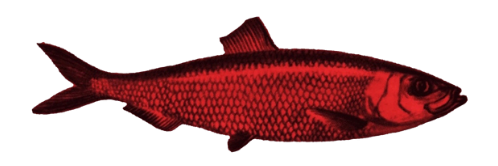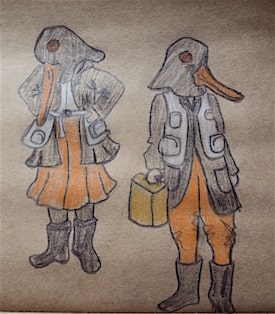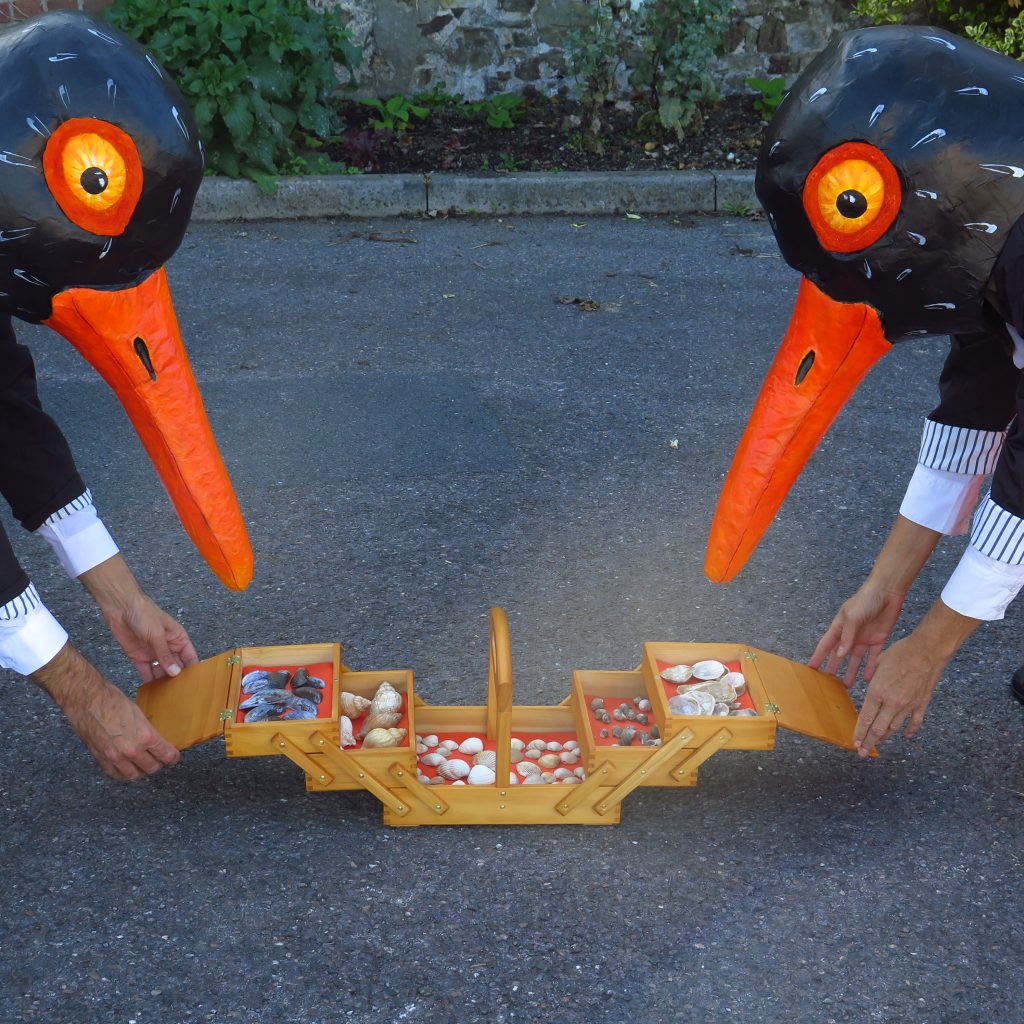
Strolling theatre or ‘walkabout’ is a wonderful way to connect with people on the street. Performers walk a designated route and along the way, they interact with passers by. Some people like to stand back and observe the overall picture. Others like to find out what’s going on, ask questions. Ideally they are drawn into the world of the performance and interact in a playful way.
We think that this kind of performance is brilliant. It punctuates everyday life, offering moments of curiosity and make-believe for people who are unlikely to have been expecting it. It provides unusual stories to share at work or down the pub – ‘I funny thing happened to me yesterday…’ And at the very least it makes people question what’s what.
We spent a 8 days developing this performance piece, working on Northam Burrows and in rehearsal spaces in Appledore and Bideford. We spent time observing the birds – both on the Skern mudflats (when we could spot them) and on video and then attempted to adapt their mannerisms and behaviours to the human body. We wondered who Oystercatchers might be if they were humans – perhaps they would be people who scour the mud with metal detectors? They would certainly be people of the mud, who were outsiders in some way.
We decided that our characters would have just arrived back from their second home in the North. That way there would be some drama to play with – if they were disorientated or lost, then people could lend them a hand. Sarah Corbett and Michael Wagg are very spontaneous and engaging performers who managed to create a ridiculous and yet strangely enchanting pair.
We hope that by performing with these characters in Bideford, Barnstaple and on the beach at Northam Burrows and Saunton Sands, we’ll encourage people to think about the wonderful birds that live in our local area of outstanding natural beauty. By presenting the characters as half human, we intend that people can draw parallels between their lives and ours. If we can relate to the birds more completely, perhaps we will look after them better. After all, while Oystercatchers are not yet on the Red Endangered list, they are on the Amber list – with numbers in sharp decline.


